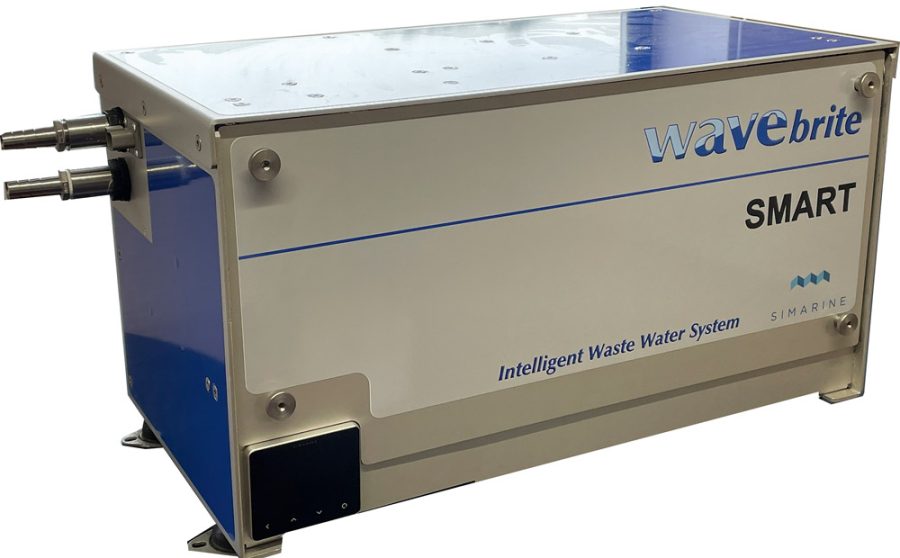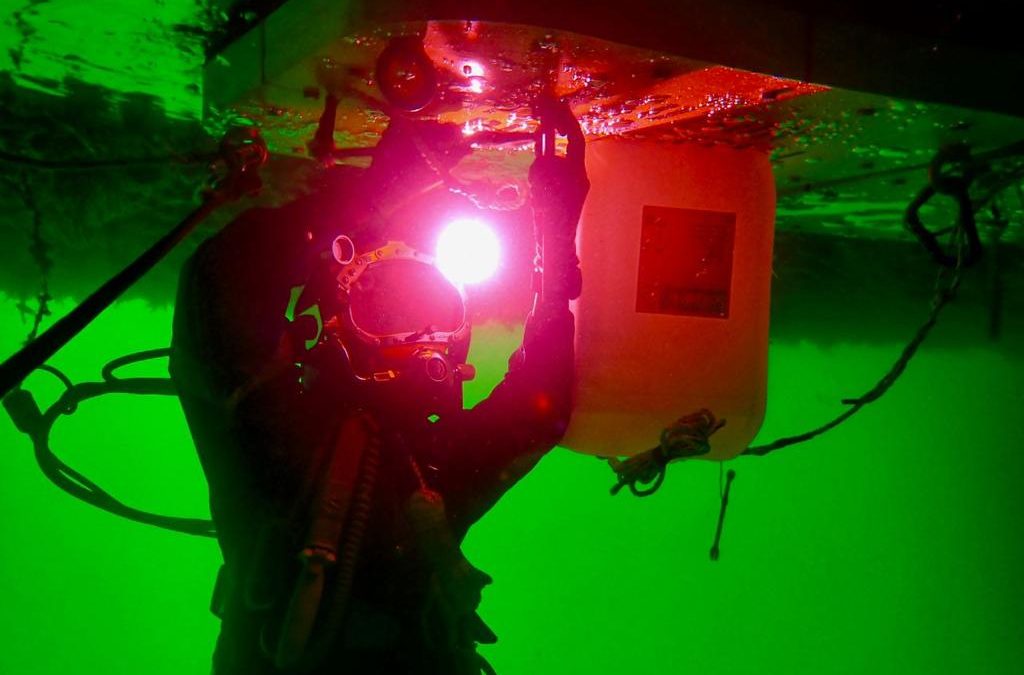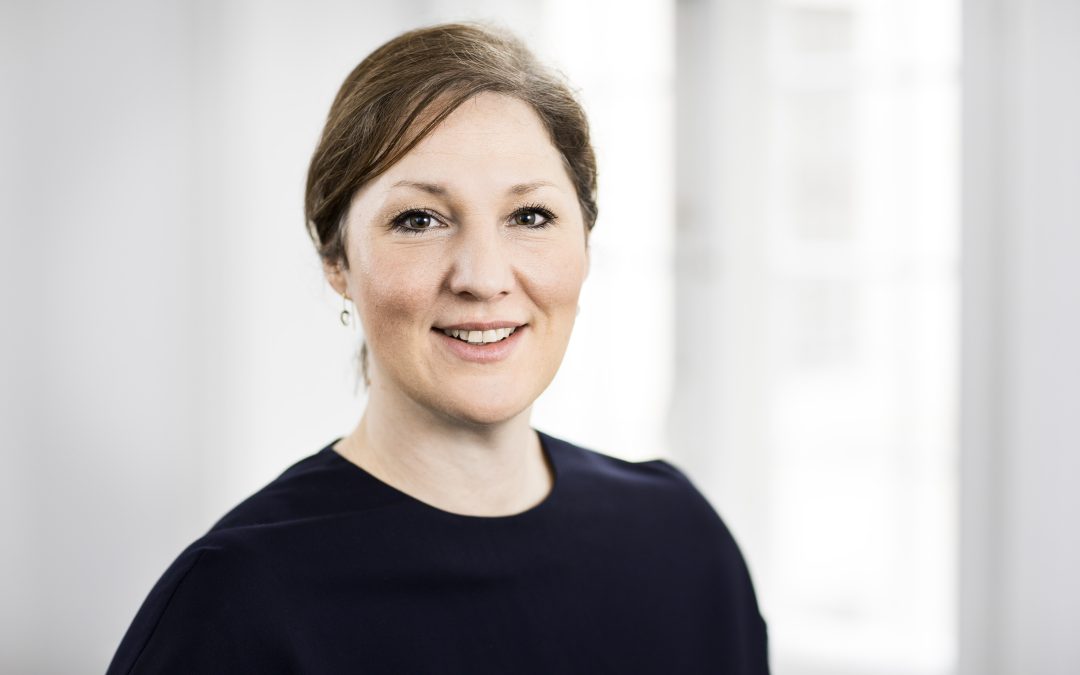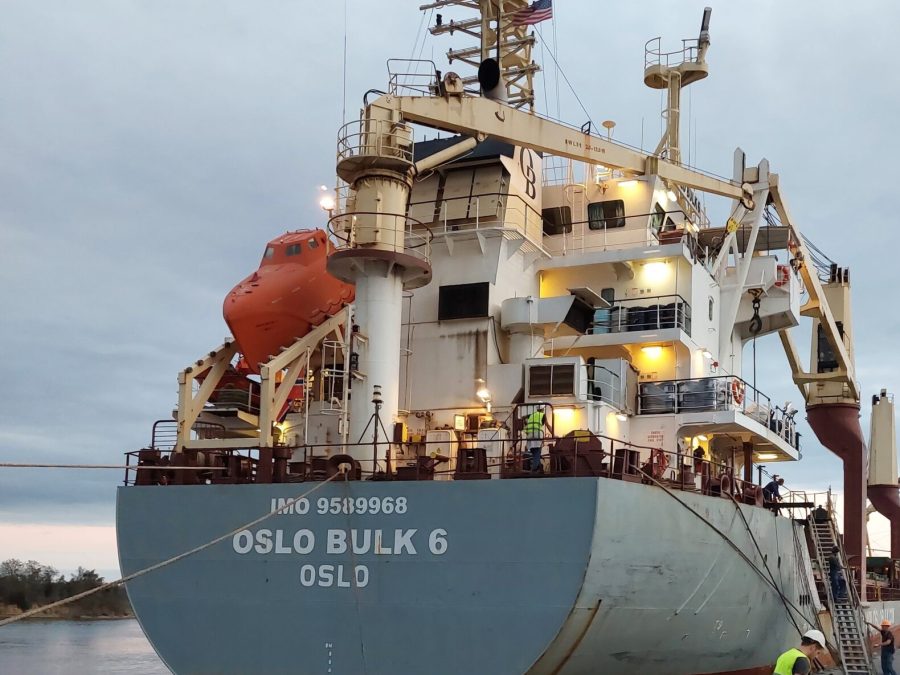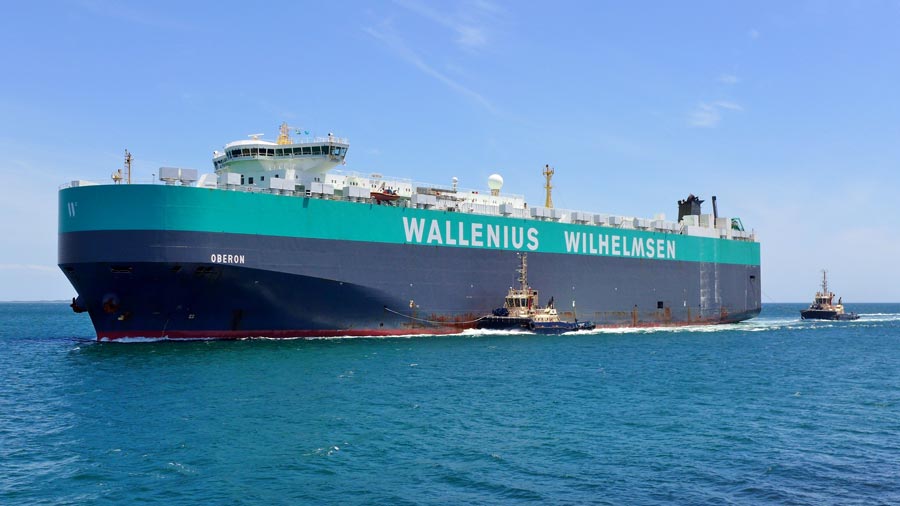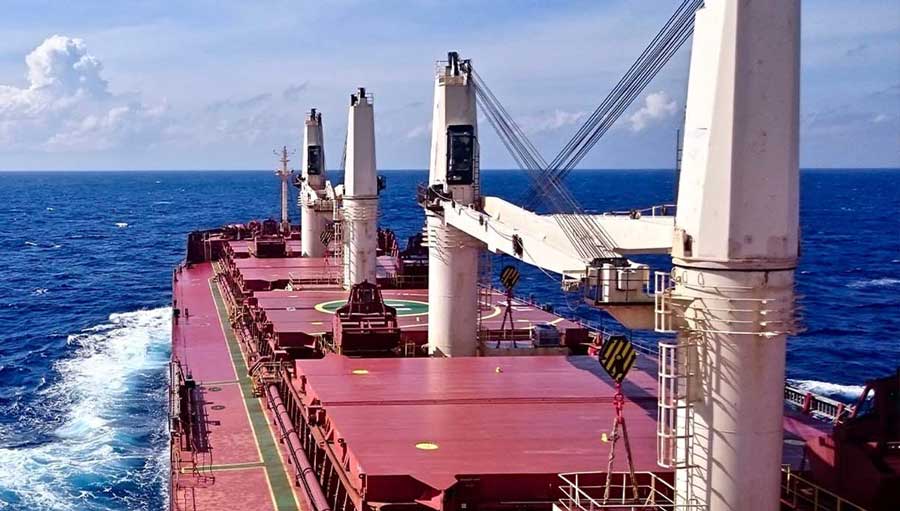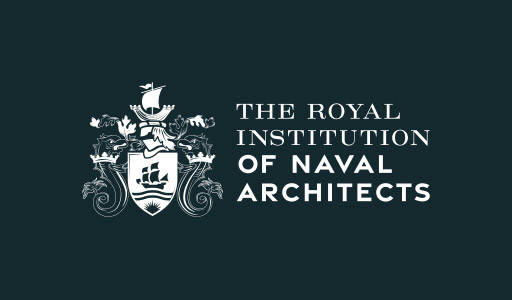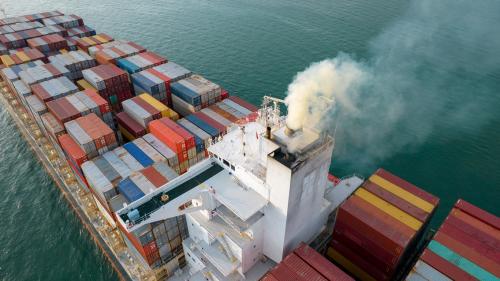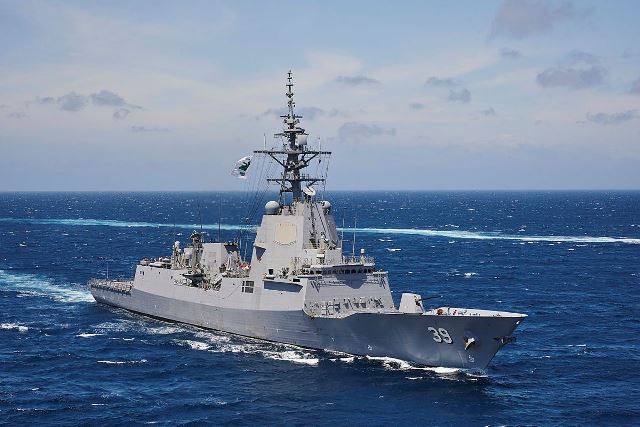Wave goodbye to grey water tanks?
Wave International plans to formally launch its Wavebrite Smart grey water filtration system at this year’s Seawork exhibition, to be hosted in Southampton, UK in June. Featuring dimensions of 360mm x 670mm x 337mm, and weighing 30kg, the unit was primarily developed for smaller boat newbuilds and retrofits with the aim of removing the need […]
